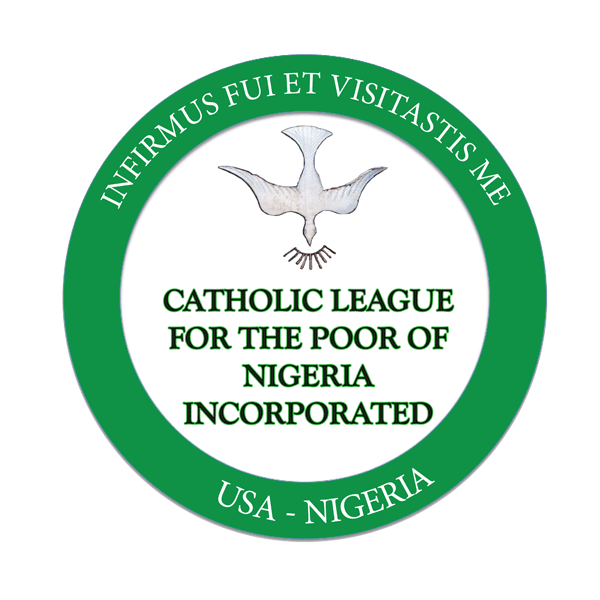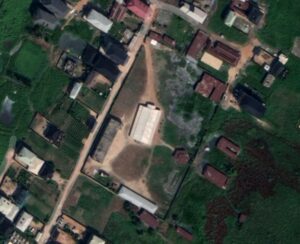Observations about the History, Geography, Politics
Parts of the below text are found in an article by Amanda Briney at: What You Should Know About Nigeria
Nigeria is the most populous African country. In 2018 it reported a population of over 203 million. Nigeria is located in West Africa along the Atlantic Ocean’s Gulf of Guinea. Its land borders are with Benin, Cameroon, and Chad to the east and Niger to the north. There are over 200 distinctly different tribes but Nigeria’s main ethnic/tribal groups are:
- Hausa,
- Igbo, and
- Yoruba.
Fast Facts
- Official Name: Federal Republic of Nigeria
- Capital: Abuja
- Population: 203,452,505 (2018)
- Official Language: English
- Currency: Naira
- Form of Government: Federal presidential republic
- Climate: Equatorial in south, tropical in center, arid in north
- Total Area: 356,669 square miles (923,768 square kilometers)
History of Nigeria
Nigeria has a long history that dates back as far as 9000 B.C.E. as shown in archaeological records. Around the 17th and 18th century, European traders began establishing ports for the slave trade to the Americas. In the 19th century, this changed to the trading of goods like palm oil and timber. Beginning in 1886, the Royal Niger Company and then the British Government claimed a sphere of influence over the tribes within the area and in 1914 it became the Colony and Protectorate of Nigeria. Throughout the mid-1900s and especially after World War II, the people of Nigeria began pushing for independence. In October 1960, an independent federation of three regions with a parliamentary government of Nigerians assumed control of the government of Nigeria.
In 1963 Nigeria proclaimed itself a constitutional federal republic. Throughout the 1960s, Nigeria’s government was unstable. Around 1963 a civil war ensued during which the Southeast region, populated mainly by Igbo, suffered greatly from bombings and starvation during their abortive attempt to form an independent nation called Biafra. The war against the Yoruba-Hausa federal forces resulted in millions of deaths. One film about the night-time airlift of food and medical supplies to Biafra reveals the effect the civil war had on hundreds of thousands of Igbo tribe families.
Oil and gas industrial operations provide 95% of Nigeria’s foreign exchange earnings. Other industries include coal, tin, columbite-tantalite (“coltan”), rubber products, wood, hides and skins, textiles, cement and other construction materials, food products, footwear, chemicals, fertilizer, printing, ceramics, and steel. Nigeria’s agricultural products are cocoa, peanuts, cotton, palm oil, corn, rice, sorghum, millet, cassava, yams, rubber, cattle, sheep, goats, pigs, timber, and fish.

